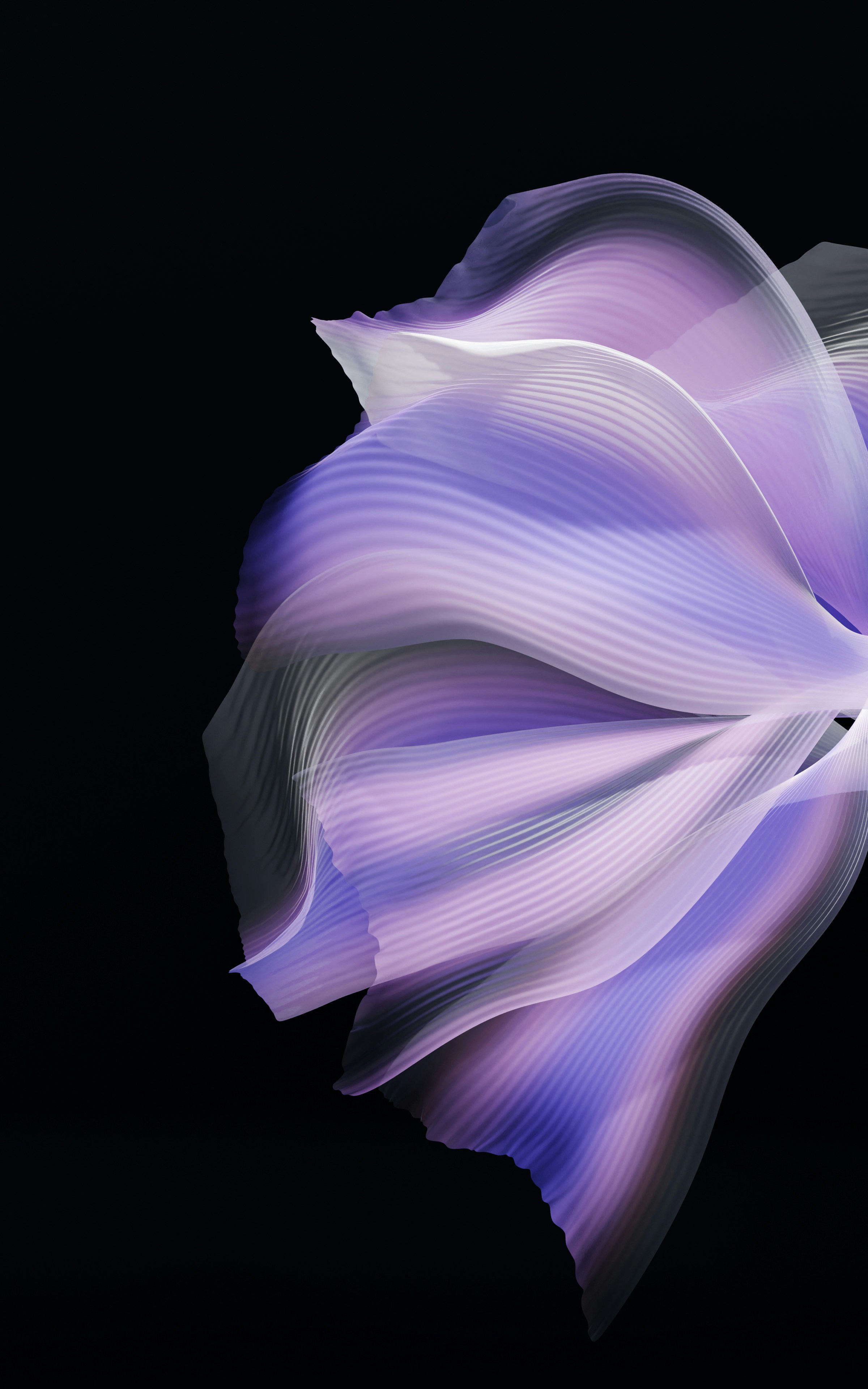[Learning] Framer
Oct 30, 2024

Photo by Eren Yildez (Unsplash)
As a product designer always itching to learn new tricks, I recently dove into Framer to build my portfolio without writing a single line of code. It felt like upgrading from a flip phone to a smartphone - suddenly, I had all these capabilities I didn't even know I needed.
[Purpose]
My goal with Framer was simple: understand responsive web design better. What I got was a crash course in modern web development that went far beyond my initial expectations.
Each new tool I pick up tweaks my design approach a bit. I'm not here to preach about 'good' design - I'm all about what works. And Framer? It's definitely reshaped how I think about bringing designs to life.
[Personal Impact]
Using Framer has opened my eyes to some interesting possibilities for my future as a designer:
Personal digital playground: I can now envision creating a more dynamic, interactive online presence for myself. It's like having a digital Swiss Army knife at my disposal.
Rapid idea testing: The ability to quickly prototype and test ideas without relying on a development team could be a game-changer for my workflow.
Bridging design and development: I see potential in positioning myself as a designer who can speak the language of both creatives and developers, potentially opening up new career opportunities.
[Future signals]
Picture this: a world where everyone has their own little corner of the internet, as unique as their fingerprint. That's the future Framer is paving the way for. It's bringing us back to the glory days of Myspace (minus the auto-playing music, thank goodness), where individuals can craft their digital homes with ease.
This accessibility to website creation isn't just about showing off your cat pictures. It's opening doors for budding entrepreneurs, artists, and anyone with a story to tell. It's like giving everyone a megaphone in the digital town square.
But it doesn't stop there. Framer is also a gateway drug to deeper web technologies. Before you know it, you're throwing around terms like "API integration" and "responsive breakpoints" like you're ordering coffee.
[Outcomes]
This Framer journey has left me with some valuable takeaways:
Web Development Insight: I've gained a newfound respect for the intricacies of web development. It's like I've been given a backstage pass to how websites really work.
UX/UI in Practice: Seeing my designs come to life instantly has deepened my understanding of how design decisions impact user experience.
Collaboration Skills: I now feel more equipped to have meaningful conversations with developers, understanding their constraints and possibilities better.
Prototyping Prowess: I can now create high-fidelity prototypes that communicate my ideas more effectively than static mockups ever could.
Design Systems Thinking: Working with components has pushed me to think more systematically about design, improving consistency in my work.
In truth, Framer hasn't just been a tool for building a portfolio - it's been a catalyst for growth in my design practice. It's expanded what I thought was possible for me as a designer and opened up new avenues for creativity and problem-solving. Now, if you'll excuse me, I have some exciting auto-play tools I need to prototype.

Purchase
Framer Templates
By Ademar Rodrigues

Sven M.
Product Designer at Google

@IGhandle
+44 1234 987465
thisismyemail@gmail.com